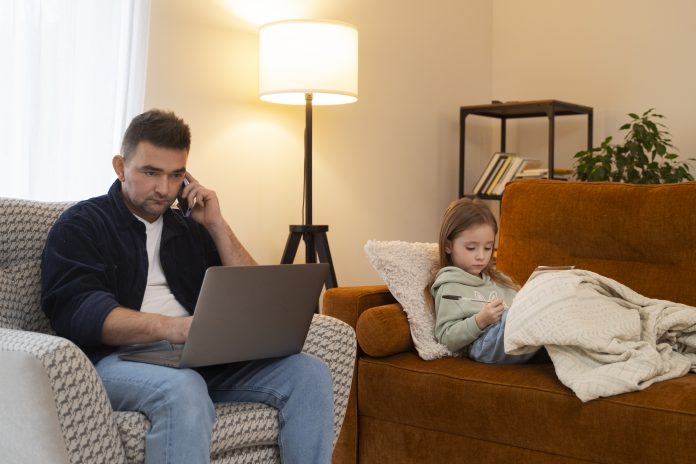In the intricate tapestry of parenting styles, uninvolved parenting often goes unnoticed, yet its impact on child development can be profound and long-lasting.
As a seasoned content marketer and relationship coach with extensive personal parenting experience, I’ve witnessed firsthand the subtle yet significant effects of this parenting approach.
This article aims to dissect uninvolved parenting, offering in-depth insights and actionable solutions to mitigate its impact.
We’ll explore this topic in a conversational tone, drawing from real-life experiences and observations, and structuring the content with clear headings for ease of reading.
Understanding Uninvolved Parenting
Defining the Term
Uninvolved Parenting Explained: Uninvolved parenting, also known as neglectful parenting, is characterized by a lack of responsiveness to a child’s needs. Parents who adopt this style are often indifferent, dismissive, or even neglectful. They provide little guidance, nurturing, or parental attention.
Characteristics and Examples
Key Traits: Such parents typically avoid involvement in their children’s lives, may not attend school events or parent-teacher meetings, and often lack knowledge of their children’s whereabouts or well-being. This detachment can stem from various factors, including mental health issues, substance abuse, or overwhelming personal problems.
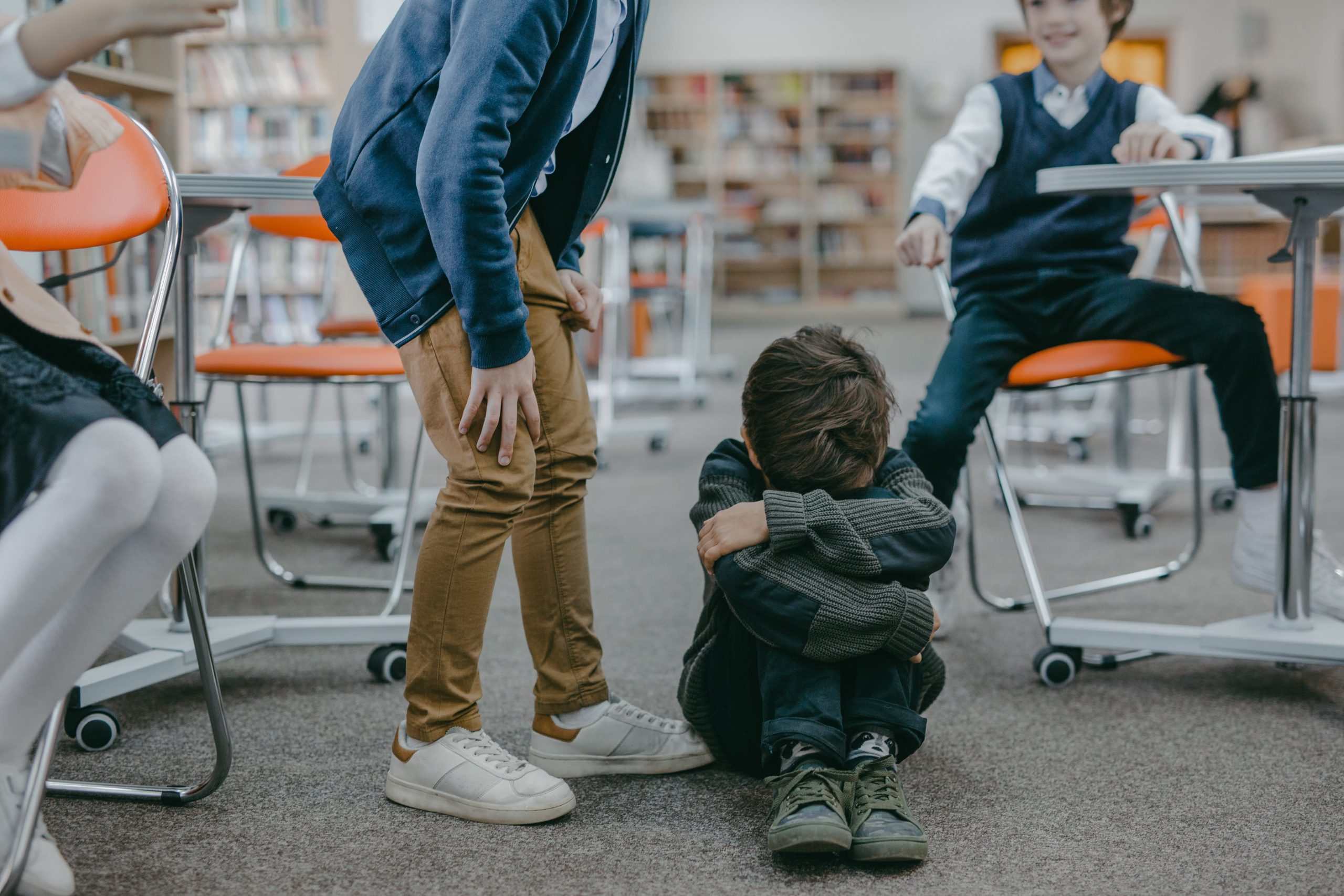
Real-Life Scenarios: Imagine a child returning home with a significant achievement or a troubling incident at school, only to find that their parents show little to no interest. This lack of engagement sends a message of indifference, deeply affecting the child’s emotional development.
The Impact of Uninvolved Parenting
On Children’s Emotional and Social Development
Emotional Consequences: Children raised in this environment often struggle with feelings of rejection and low self-esteem. They may feel unworthy of attention and love, leading to long-term emotional repercussions.
Social Implications: These children might also have difficulty forming healthy relationships. For example, sons who reject their mothers can sometimes be traced back to uninvolved parenting styles, where emotional detachment becomes a learned behavior.
On Academic and Behavioral Outcomes
Academic Challenges: Without parental involvement, children may lack motivation and perform poorly in school. They often miss the guidance and support needed to navigate academic challenges.

Behavioral Issues: In some cases, children might act out to gain the attention they lack at home. This can manifest in various ways, from making up stories for attention to engaging in more risky behaviors during adolescence.
Comparing with Other Parenting Styles
Uninvolved vs. Permissive Parenting
Differences in Involvement: While uninvolved parenting is marked by a lack of attention and responsiveness, permissive parenting is characterized by a high level of involvement but with few boundaries or rules. Understanding these differences is crucial in identifying uninvolved parenting and its unique challenges.
The Need for a Balanced Approach
Finding the Middle Ground: The contrast between uninvolved and overly permissive parenting highlights the need for a balanced approach. Effective parenting involves being responsive to children’s needs while setting appropriate boundaries.
Delving into the Causes of Uninvolved Parenting
Exploring the Root Causes

Personal and Psychological Factors: Often, uninvolved parenting stems from the parent’s own upbringing or psychological issues. Parents who were raised in a similar environment may unconsciously replicate the behavior. Additionally, mental health issues, such as depression or anxiety, can impede a parent’s ability to engage.
Socioeconomic and Environmental Stressors: Financial strain, work pressure, or lack of a support system can lead to overwhelmed parents who might unintentionally neglect their parenting duties. The stress of daily survival can overshadow the emotional needs of their children.
The Role of Awareness and Education
Lack of Parenting Knowledge: Some parents might not be aware of the importance of their role in their child’s development. Educational programs and resources can play a significant role in enlightening parents about the impact of their involvement.
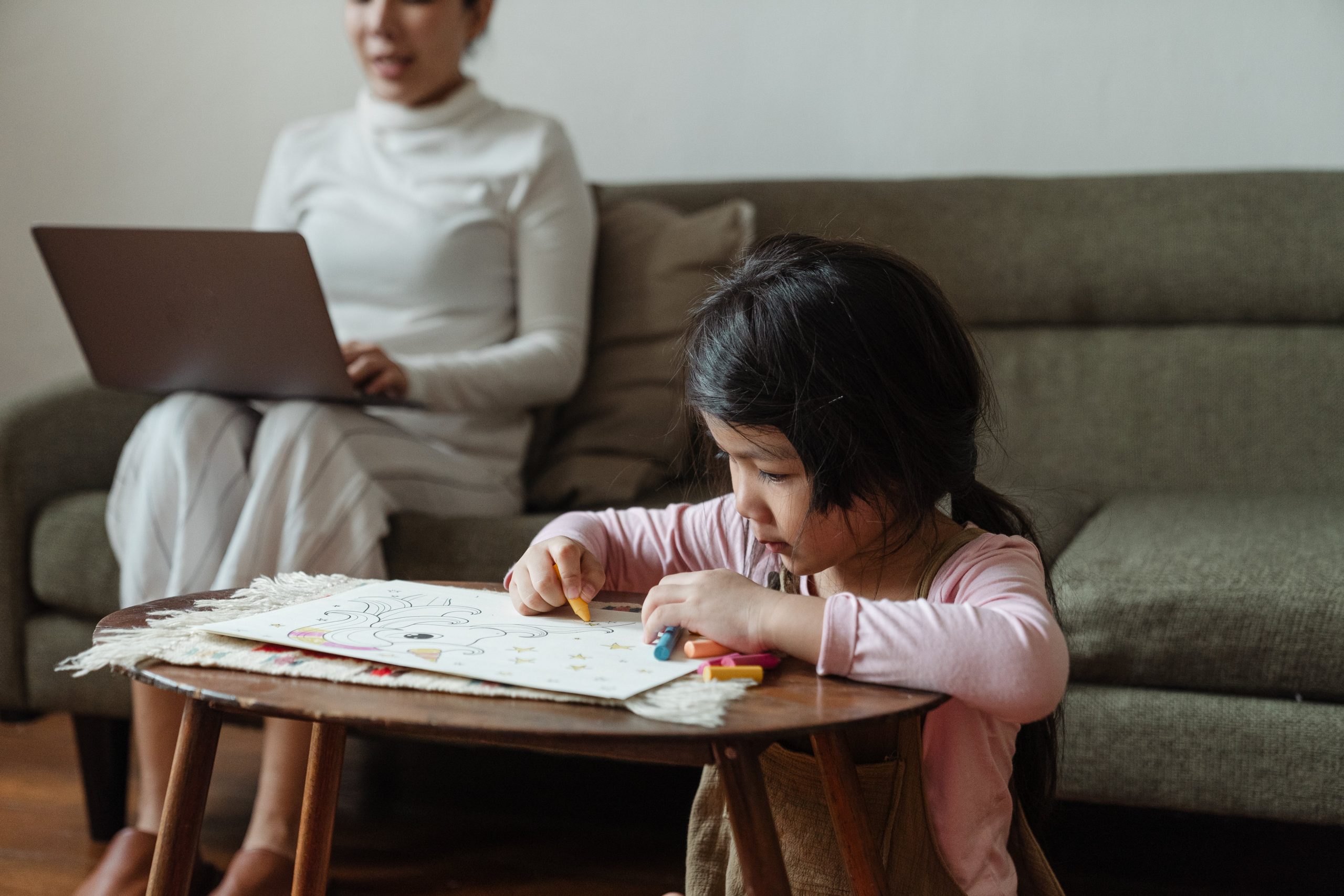
Cultural and Societal Influences: Cultural norms and societal expectations can also shape parenting styles. In some cultures, emotional detachment might be a norm, or the focus might be more on physical well-being than emotional nurturing.
Addressing the Impact of Uninvolved Parenting
Recognizing the Signs
Identifying Neglect: It’s crucial for educators, relatives, and even neighbors to recognize the signs of uninvolved parenting. Early identification can lead to timely intervention, which is key in mitigating long-term effects.
Self-Reflection for Parents: Parents themselves need to be encouraged to self-reflect on their parenting style. Recognizing one’s shortcomings is the first step towards change.
Building Emotional Connections
Quality Time: Spending quality time with children, even if it’s limited, can significantly improve the parent-child relationship. Simple activities like reading a book together or a walk in the park can be effective.
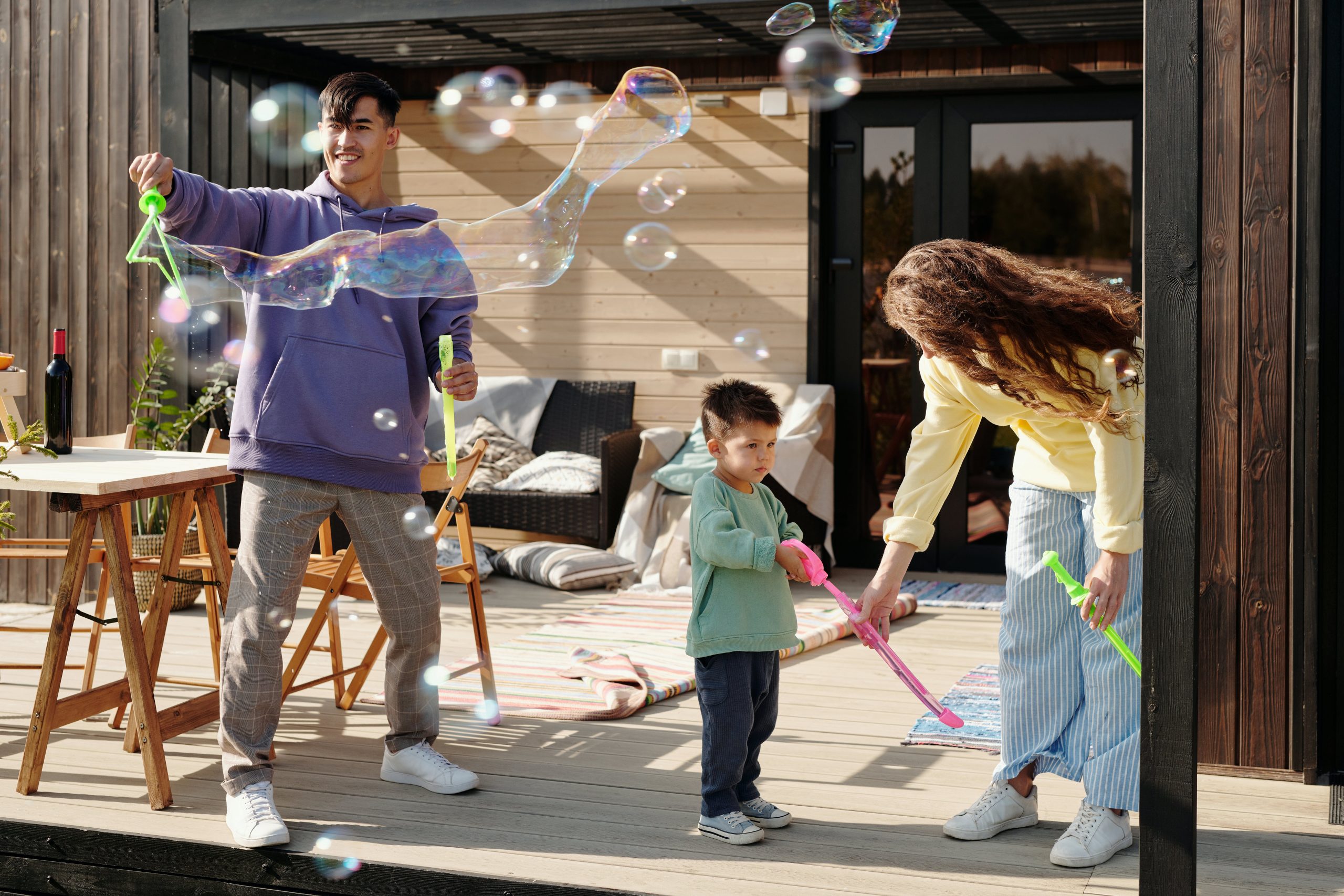
Expressing Interest and Affection: Showing genuine interest in a child’s life and expressing affection can go a long way in healing emotional neglect. Simple gestures of love and care can build a child’s self-esteem and sense of security.
Strategies for Improvement
Seeking Professional Help
Counseling and Therapy: For parents struggling with personal issues that affect their parenting, seeking professional help can be beneficial. Therapy can provide tools and strategies to improve parental involvement.
Parenting Workshops and Support Groups: Engaging in parenting workshops or support groups can provide valuable insights and practical tips. These platforms also offer a sense of community and support, which can be encouraging for parents feeling isolated in their struggles.
Implementing Practical Changes
Setting Realistic Goals: Parents should set achievable goals for improving their involvement. This could be as simple as dedicating a specific time each day for child-focused activities.
Involving Other Family Members: Encouraging the involvement of other family members, like grandparents or siblings, can also help in creating a nurturing environment for the child.
Long-Term Effects of Uninvolved Parenting and Navigating Adulthood
Understanding the Lasting Impact
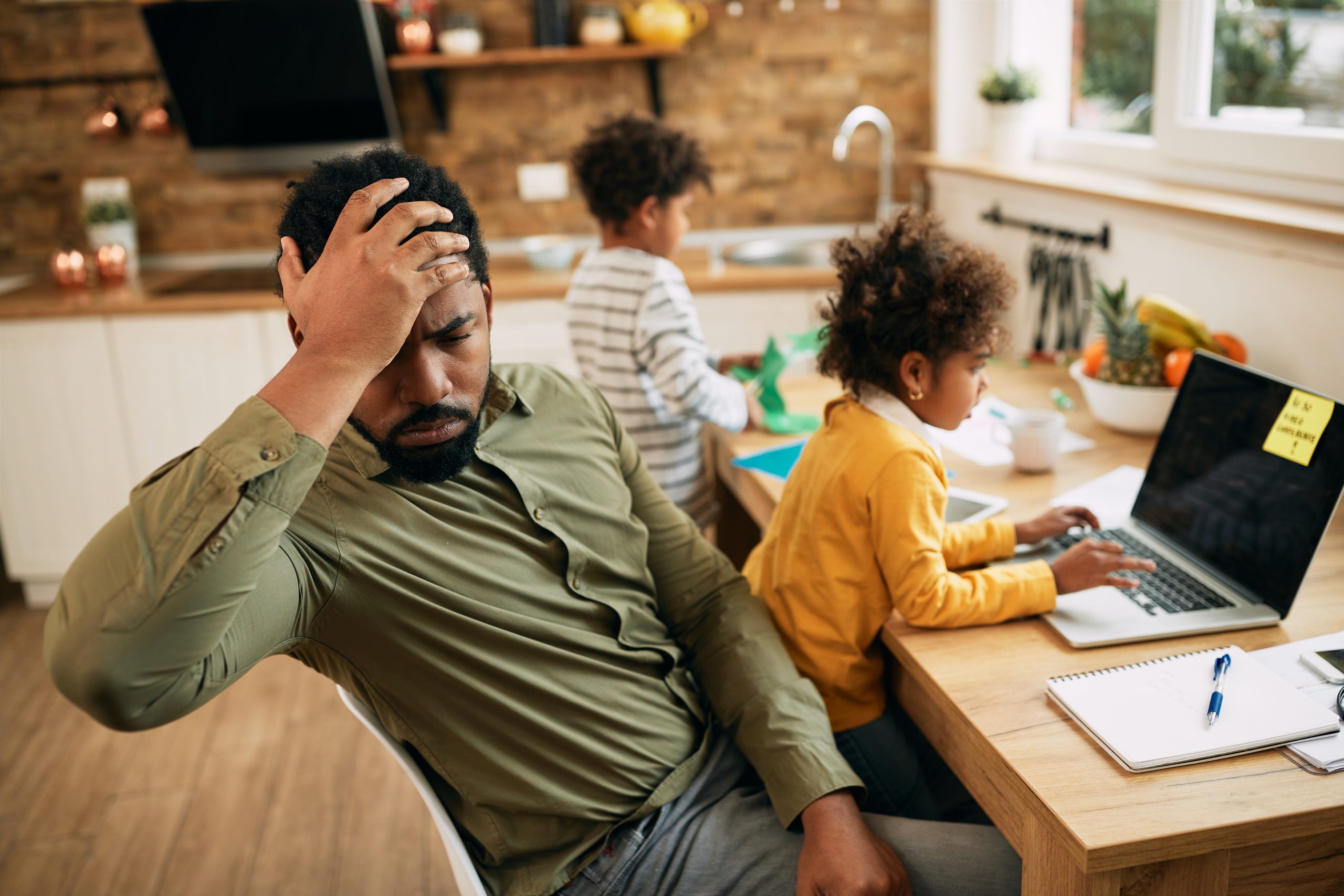
Emotional and Psychological Challenges: Adults who grew up with uninvolved parents often face emotional and psychological challenges. They may struggle with self-esteem, trust issues, and forming healthy relationships. The lack of emotional support in childhood can lead to a continuous search for validation and acceptance in adulthood.
Professional and Personal Relationship Struggles: These individuals might also face difficulties in their professional lives, struggling with authority figures or teamwork, mirroring their early family dynamics. Personal relationships can be challenging too, as they might either replicate the uninvolved behavior or swing to the opposite extreme.
The Journey of Healing and Growth
Self-Awareness and Therapy: Recognizing the impact of their upbringing is crucial for adults seeking to overcome these challenges. Therapy can be an invaluable tool in this journey, providing a space for understanding and healing.
Building Healthy Relationships: Learning to form healthy relationships is a key part of this process. It involves understanding boundaries, communication, and the importance of emotional connection.
Addressing the Cycle of Uninvolved Parenting
Breaking the Cycle
Awareness and Education: For adults who are now parents themselves, breaking the cycle of uninvolved parenting is essential. This starts with awareness and a conscious decision to parent differently.
Learning New Parenting Skills: Engaging in parenting classes or reading resources on effective parenting can provide the necessary tools and knowledge. It’s about learning to be the parent they needed when they were children.
Supporting Grown Children
Understanding and Empathy: For parents looking to mend relationships with their grown children, understanding and empathy are key. Acknowledging past mistakes and showing a willingness to change can open doors to rebuilding relationships.
Resources for Guidance: Seeking resources that offer guidance on parenting adult children, such as how to parent grown children, can be incredibly helpful. These resources provide insights into navigating the complex dynamics of adult parent-child relationships.
Practical Steps for Improvement
For Parents
Active Involvement: Make a conscious effort to be more involved in your child’s life. Attend their events, show interest in their activities, and be present both physically and emotionally.

Open Communication: Foster an environment where open communication is encouraged. Let your children know that their thoughts and feelings are valid and important.
For Adult Children
Seeking Support: If you’re an adult child of uninvolved parents, seeking support through therapy or support groups can be beneficial. It’s important to process your experiences and learn healthy coping mechanisms.

Building Your Support System: Surround yourself with people who understand and support you. Healthy relationships can provide the emotional connection and support that was missing in childhood.
Fostering Healthier Relationships and Emotional Well-Being
Summary and Key Takeaways
Uninvolved parenting, characterized by a lack of responsiveness and emotional involvement, can have lasting effects on a child’s emotional, social, and psychological development. This parenting style often leads to challenges in forming healthy relationships and coping with life’s demands in adulthood. However, understanding and addressing the roots and impacts of uninvolved parenting can pave the way for healing and positive change.
Actionable Steps for Parents
Embracing Change and Involvement
Reflect and Acknowledge: Begin by acknowledging past parenting approaches and their impacts. Self-reflection is the first step towards change.
Increase Engagement: Actively seek ways to be more involved in your child’s life. Attend their events, ask about their day, and show genuine interest in their interests and concerns.
Building Emotional Connections

Express Love and Affection: Regularly express your love and affection. Simple gestures like hugs, positive affirmations, and spending quality time can significantly strengthen your bond.
Open Lines of Communication: Encourage open and honest communication. Let your children know that they can talk to you about anything without fear of judgment or dismissal.
Guidance for Adult Children of Uninvolved Parents
Healing and Moving Forward
Acknowledging the Past: Recognize how your upbringing has shaped you. Understanding the past is crucial in overcoming its challenges.
Seek Professional Help: Consider therapy to work through unresolved feelings and learn healthy coping mechanisms. Therapists can provide valuable insights and strategies for emotional healing.
Building a Supportive Network
Create Healthy Relationships: Actively seek and nurture healthy relationships that provide the emotional support and connection you may have missed in childhood.

Self-Care and Personal Growth: Invest in self-care and personal development. Activities that promote self-awareness and self-esteem can be particularly beneficial.
Conclusion:
In conclusion, while uninvolved parenting poses significant challenges, it’s never too late for change and healing.
For parents, this means becoming more involved and emotionally available. For adult children, it involves understanding the past and building a healthier future.
By addressing the impacts of uninvolved parenting, families can foster stronger, more nurturing relationships and break the cycle for future generations.
